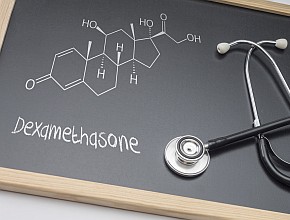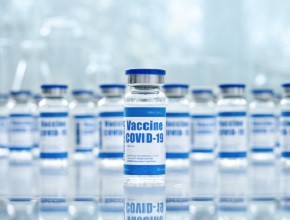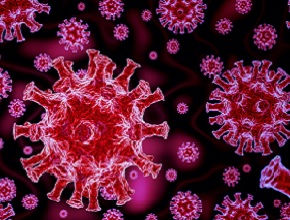Safety and efficacy of the BNT162b2 mRNA COVID-19 vaccine
The pandemic caused by the severe acute respiratory syndrome coronavirus 2 (SARS-CoV-2) infection and the resulting coronavirus disease 2019 (COVID-19) has affected tens of millions of people worldwide. Vaccines that are effective and safe are pivotal to minimize viral transmission and have been developed at an unprecedented speed. The BNT162b2 vaccine candidate, also referred to as the Pfizer-BioNTech vaccine, is a modified RNA (mRNA) vaccine that encodes a SARS-CoV-2 full-length spike protein.
In a randomized controlled trial that is ongoing people aged ≥16 years were randomly allocated to receive 2 injectable doses of the BNT162b2 vaccine (30 microg/dose) or placebo 21 days apart. The primary end points were the efficacy of the vaccine against laboratory-confirmed COVID-19 and safety.
In total, 43,548 participants were randomized, of whom 21,720 received vaccine injections and 21,728 received placebo injections. There were 8 cases of COVID-19 among study participants who received the vaccine and 162 cases of COVID-19 among those who received the placebo. The vaccine was 95% effective in preventing COVID-19 (95% credible interval, 90.3-97.6). Similar efficacy (90%-100%) occurred in participant subgroups defined by age, sex, race, ethnicity, body mass index, and coexisting conditions.
The safety profile of the vaccine was characterized by pain and erythema at the injection site, fatigue, fever, myalgias, and headache; these adverse effects were mostly mild or moderate and resolved quickly. The incidence of serious adverse events was low and was similar in the vaccine and placebo groups.
The authors concluded that a 2-dose regimen of the BNT162b2 mRNA vaccine conferred 95% protection against COVID-19 in people aged ≥16 years. Safety over a median of 2 months of follow-up was similar to that of other viral vaccines.
See also Vaccines: SARS-CoV-2 (COVID-19) in the McMaster Textbook of Internal Medicine.
 English
English
 Español
Español
 українська
українська











